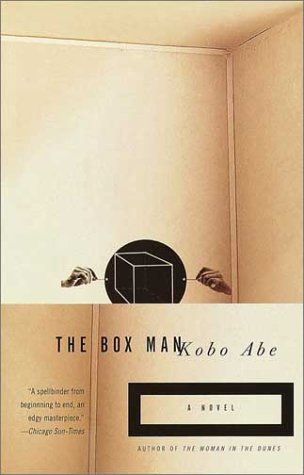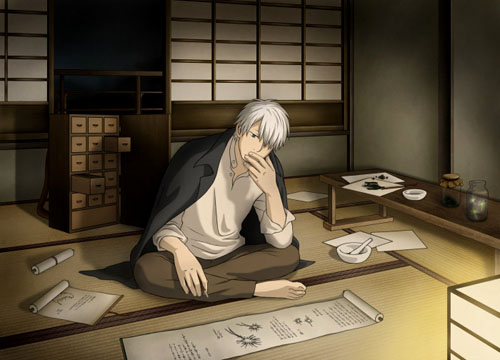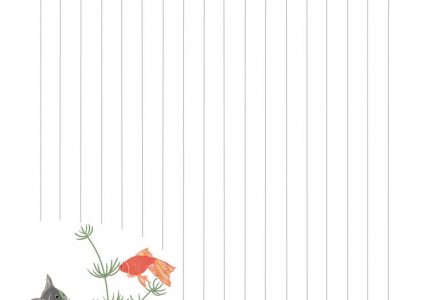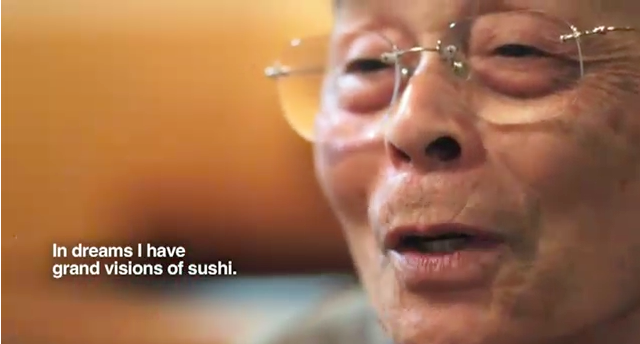One of the key questions we can ask ourselves today is regarding what it means to be human. Somehow, after the Enlightenment, many modernists lost sight of true humanity. Instead of asking how to live authentically, philosophers and literati began g questions about how to live perfectly. Instead of understanding the truth of the human condition (humans are intrinsically flawed and at some point, the mythical promise of scientific progress will cease to deliver), modernism sought to subjugate nature and humanity into a variety of visions that were highly mechanized and looking for earthly perfection.
Somewhere in this path towards perfection, we lost much of what true humanity is all about. We do not love our neighbors as ourselves, and we constantly are trying to wear the mask of false perfection as we disassociate ourselves from the messiness of deep human relationships and flesh-based community. We ignore our own imperfections as we readily point out, then distance ourselves from, the perceived imperfections of others. This tends to cause community breakdowns and the loss of self as we attempt to live inauthentic lives.
Those of you who are familiar with Heidegger and Ponty will no doubt recognize where I am going with this.
Abe Kobo’s “Box Man” takes these issues and repackages them in a surrealist novel. The major themes of this work revolve around alienation from society, denial of identity, loss of community, and the inability to create lasting, meaningful relationships in the modern world. The modern world so fails the box man that he must disconnect from it to become an ineffectual voyeur in order to find a deeper meaning in his newly discovered world. This world is perceived through the slit in the box he wears, giving him a unique vantage point, and the ability to create a window from which he may view the world, no matter where he finds himself. The box allows the box man to be in a quantum state of neither human nor non-human, neither alive, nor dead. The box makes the box man a pariah while being unremarkable. It allows for the dualistic tension we find in much postmodern philosophy.
My jury is not yet out on everything that is going on in this work. It seems to strongly connect to Okakura Kakuzo’s worship of the imperfection. Regardless, this disturbing novel is an important work, especially in light of contemporary otaku studies.





